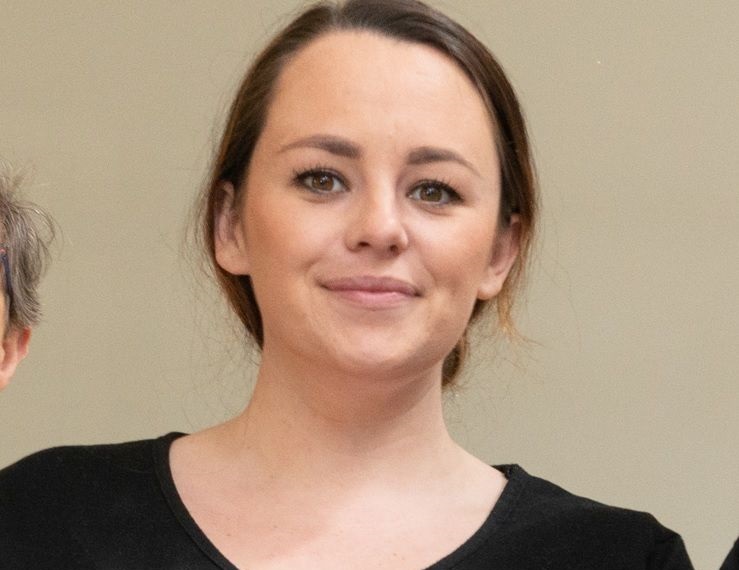
The widow of a young farmer who took his own life aged just 27 is now keen to promote awareness of mental health in rural communities.
Levels of depression within the farming industry are thought to be increasing in the UK and suicide rates, particularly for males under 40, are among the highest in any occupational group.
This was the hard-hitting message from Emma Picton-Jones, a young mum and primary school teacher from Pembrokeshire who recently delivered a series of two-day Mental Health First Aid (MHFA) training courses to the local rural community.
The training, delivered through her role as an approved mental health first aider, is part of her personal and high-profile campaign to offer training to rural organisations and individuals working in agriculture.
Emma lost her young husband Dan, an agricultural contractor, in 2016, when aged just 27, he took his own life.
It was a tragedy that has clearly left its mark on Emma, but in the midst of trying to rebuild her life, she has found a way of ensuring that Daniel’s tragic and premature end, brought on by undiagnosed and untreated depression, has a positive outcome which is now helping many others.
“Farming is an excellent career and can provide huge benefits to those who work in the sector but it is a career that comes with huge pressure, isolation and demands on a daily basis,” says Emma.
“With the pressures that are facing the industry today, it is vital that everyone working within rural communities is encouraged to talk about mental health and that we work together to remove the stigma of tackling issues such as suicide, depression, anxiety and other mental health issues.”
Through the DPJ (Daniel Picton-Jones) Foundation, which Emma set up soon after losing her husband, it has been able to provide a 24/7 telephone helpline and texting service, as well as one-to-one counselling from qualified counsellors.
Emma hopes that through the foundation’s MHFA training service, she can reach more people working within the industry to spot the signs of poor mental health so that they know the steps to take and where to signpost individuals in need.
A proponent of the ‘ALGEE’ step-by-step process set out in a MHFA training manual, Emma’s training focuses on the importance of listening to anyone who may be in need non-judgementally.
Encouraging a person to ‘open up’ and be honest about how they are feeling, mentally, emotionally and physically is critical to signposting them to the help and support they need, she says.
“The five basic steps of ALGEE are to “ASK about suicide and other mental health issues and assess the situation; to LISTEN non-judgementally; to GIVE reassurance and information; to ENCOURAGE the person to get appropriate help and support and to ENCOURAGE self-help strategies.
“If people were not afraid to ask for help in the first place, many could recover quicker and never reach the terrifying lows often faced by individuals who feel isolated and unable to tell anyone how bad they actually feel,” says Emma.
Amongst other awards and accolades received, last year Emma won a Pride of Britain award for her work to promote mental health issues in farming communities.
